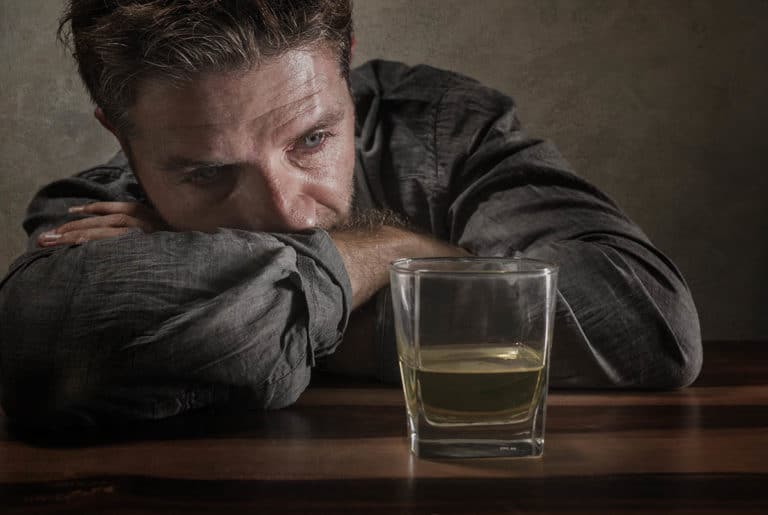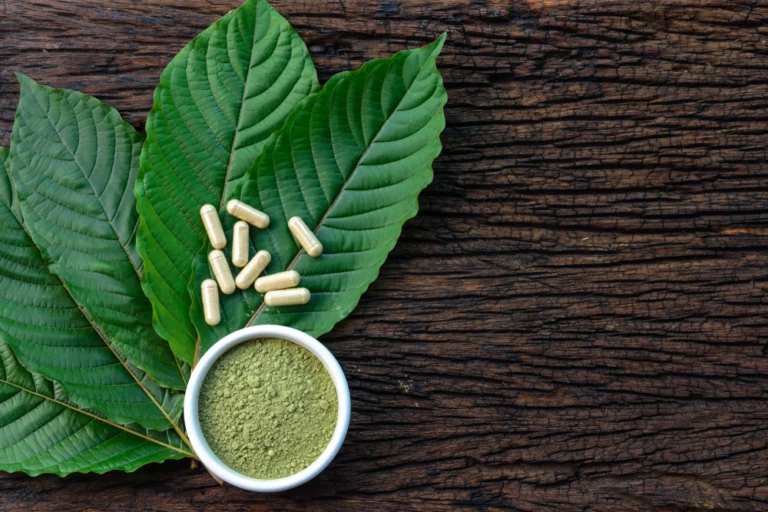The negative impacts of opioid abuse can be felt in nearly every community in the United States, including within the LGBTQ+ community. Sadly, members of this community are some of the most at-risk for opioid abuse and developing an opioid addiction. The reasons for this stem from several significant factors that impact the LGBTQ+ community. By addressing these factors and improving access to substance abuse treatment, opioid abuse within the LGBTQ+ community can be lessened.
Opioid Abuse
To understand how to address and improve issues with opioid abuse within the LGBTQ+ community, one must first understand opioids and their effects on an individual.
What are Opioids?
Opioids are any drug or substance that contains the ingredient opium. This ingredient can be sourced from certain kinds of poppy plants or from synthetic manufacturing in a lab. Opium is the primary ingredient in several kinds of substances, including heroin and prescription opioids like codeine, hydrocodone, morphine, fentanyl, and more.
Effects of Opioids
When ingested by an individual, opioids have several effects on the body as well as the mind. The most prominent effect of opioid use is pain relief. Whether natural or synthetic, opium has an incredible ability to bind to pain receptors in the human body and block the pain signals being sent to and from the brain. In doing so, a user experiences immense pain relief.

However, opioids have other effects as well. All opioids are depressants. Any substance in the depressant category will slow down functions in the body and mind. In doing so, those who consume opioids will feel slower mentally and physically. In many cases, this effect leads to an overwhelming feeling of mental and physical numbness.
What is Opioid Abuse?
Opioid abuse is a form of drug abuse that is specific to opioids. It occurs whenever a person consumes an illegal opioid, like heroin, or consumes a legal opioid in excess or not as intended by a medical professional or the manufacturer.
Consequences of Opioid Abuse
Opioid abuse and opioid addiction can lead to several unintended consequences for an individual. In either case, opioids can have a negative impact on a person’s everyday life, harming their relationships, hobbies, finances, education, and more. However, some of the most significant effects of opioid abuse occur within the body.
Abusing opioids often has several serious side effects on a person’s overall health and wellness. These side effects can include hypoxia, overdose, and even death. However, one of the most impactful effects occurs in the brain. Overtime, the brain adapts to the consistent presence of opioids, creating a dependence on the substance to function. To ensure it receives opioids, the brain will restructure certain parts of itself, weakening a person’s willpower and making them more likely to engage in addictive behavior.
Opioid Abuse Within the LGBTQ+ Community
Sadly, opioid abuse is a major issue in the LGBTQ+ community. According to data from the National Institute on Drug Abuse (NIDA), adults within the LGBTQ+ community are more likely to abuse drugs, including opioids. NIDA’s data also noted that 9% of adult members of the LGBTQ+ community abused opioids in 2018 – while less than 4% of heterosexual adults abused opioids. This means that adults in the LGBTQ+ community are more than twice as likely than heterosexual adults to abuse opioids.
Why Members of the LGBTQ+ Community are More Likely to Abuse Opioids
There are several factors in why LGBTQ+ community members abuse opioids at higher rates than other communities. Many of these factors are unique to the LGBTQ+ community. The three main factors in why LGBTQ+ adults often abuse opioids include:
Discrimination
Despite the more recent advancements for LGBTQ+ individuals in the United States, there is still a significant number of Americans who not only do not accept LGBTQ+ people but actively discriminate against them. This discrimination can lead to a variety of negative effects on members of the LGBTQ+ community. From this, many LGBTQ+ adults may begin to abuse opioids as a form of self-medicating in order to ignore discrimination – even if it will only be for a little while.
Mental Health Issues
Aside from discrimination LGBTQ+ adults may face in public, many LGBTQ+ adults and children also face significant discrimination from friends and family in private. This discrimination can weigh heavily on a person, and in many cases, it can lead to mental health issues like anxiety disorder and depression. These issues make anyone, but especially LGBTQ+ individuals, more likely to abuse drugs, including heroin and prescription opioids.
Lack of Support
Sadly, in many places across the United States, there is simply a lack of support and resources for LGBTQ+ community members. This not only includes the support and acceptance from the community in which they live but also the support of medical facilities and other necessary entities. Without equal access to the support they need, LGBTQ+ individuals become more likely to support themselves mentally or even physically through dangerous activities like drug abuse, which includes opioid abuse.
How LGBTQ+ Community Members Can Overcome Opioid Abuse and Addiction
Overcoming opioid abuse and opioid addiction can be challenging, but it is possible with professional help. Rehabilitation facilities throughout the United States offer comprehensive substance abuse treatment programs. These programs utilize a variety of treatments and therapies to fit an individual’s uniqueness. Many of these facilities are also LGBTQ+ friendly and will help any members of the LGBTQ+ community become sober and remain sober.

Looking for Inclusive and Professional Treatment for Opioid Abuse?
If you or a loved one are members of the LGBTQ+ community and are searching for effective treatment for opioid abuse or opioid addiction, help is available near you! At Knoxville Recovery Center, our team of addiction specialists offer proven substance abuse treatments to any and all people, regardless of race, ethnicity, gender-identity, sexual preference, religion, or otherwise. Our goal is to help people overcome their substance abuse issues and become happier and healthier individuals. Contact us today to learn more about our treatment programs!







